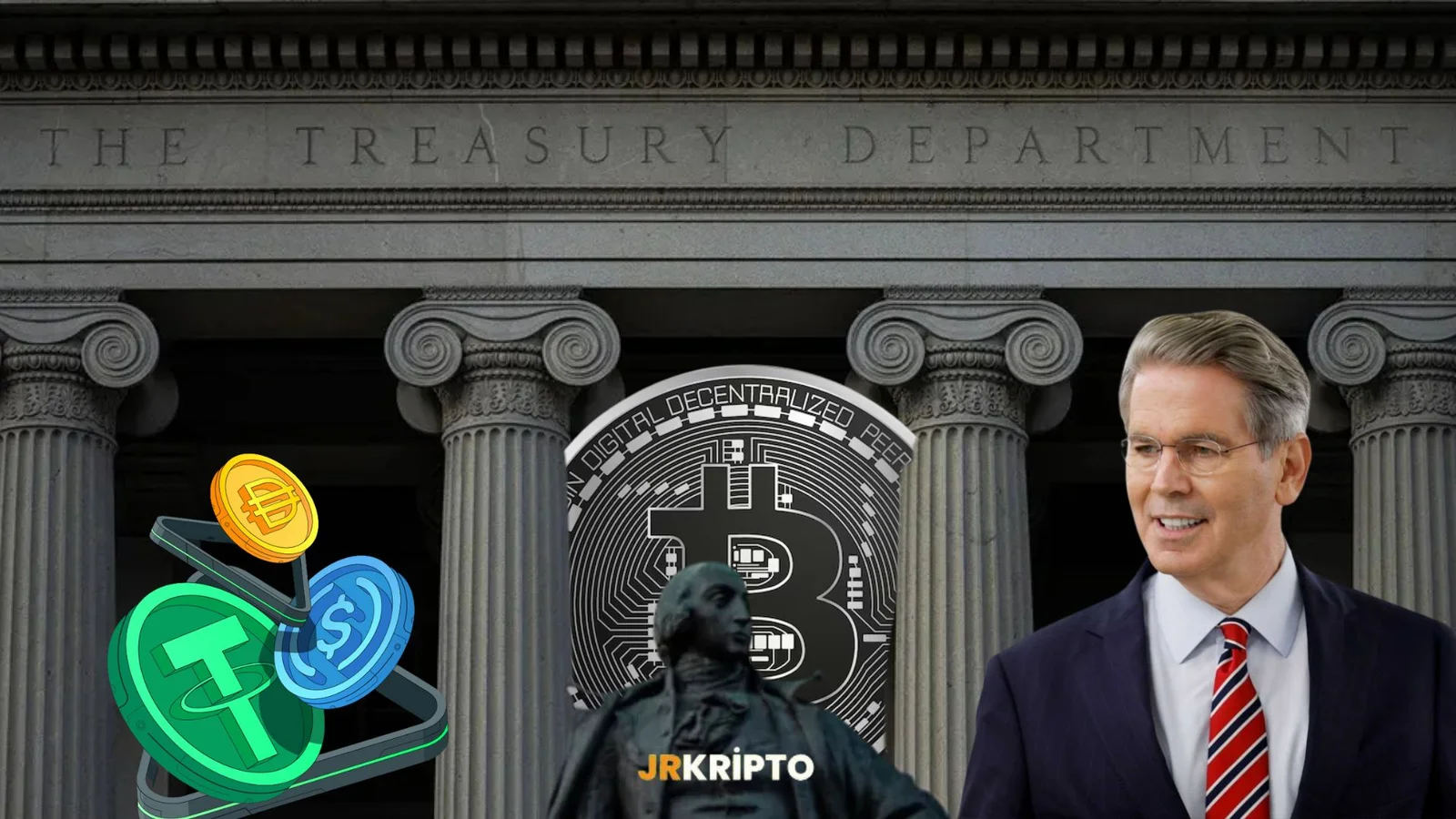U.S. Treasury Secretary Scott Bessent, in his latest remarks on digital assets, emphasized that the country is taking a “major step forward” in this area. In an interview with Bloomberg, Bessent stated that stablecoin regulations are only the beginning. The vision of the new administration is to build a digital economy that encourages financial innovationwhile being supported by strong oversight and compliance frameworks.
Digital Assets and a New Regulatory Approach
According to Bessent, the Trump administration has made digital assets a strategic priority. He noted that previous administrations had pursued a “destructive” policy toward crypto companies, whereas the current administration is adopting a more constructive approach. This approach centers around a vision that emphasizes anti-money laundering (AML) efforts and regulatory clarity.
The GENIUS Act: A New Foundation for Regulation
The most critical legislative proposal on the agenda, the GENIUS Act, imposes strict transparency and reserve requirements on stablecoin issuers. Under this law:
- Stablecoin issuers must disclose their reserves.
- Full reserve backing will be mandatory.
- Federal and state regulators will set standards for liquidity, risk, and capital.
Bessent stresses that this legislation is only a starting point. According to him, it will position the U.S. as a global leader in digital assets and further strengthen the dominance of the dollar.
How Do Stablecoins Impact U.S. Treasury Bonds?
Another key point raised by Bessent is the potential impact of stablecoins on U.S. Treasury bonds. He forecasts that these digital assets could drive demand for Treasuries to as high as $2 trillion in the near future. This could reduce borrowing costs and reinforce the global influence of the dollar.
“The Greatest Financial Opportunity of This Generation”
Bessent warned that if the U.S. fails to act swiftly on digital assets, stablecoins may end up being regulated inconsistently at the state level, which could undermine investor confidence and limit the sector’s growth. He described the GENIUS Act as “one of the greatest financial opportunities of this generation.”




